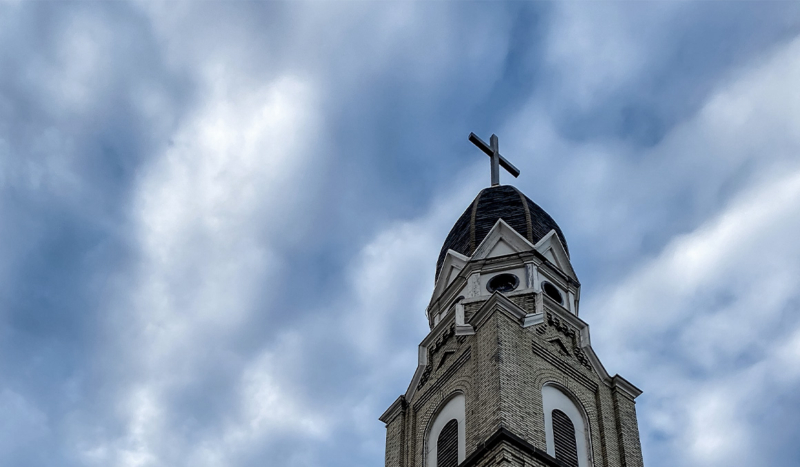
Adobe Stock
CV NEWS FEED // Vermont’s only Catholic diocese, the Diocese of Burlington, is facing 118 new clergy sex abuse claims after settling 67 other lawsuits, which forced it to file for Chapter 11 bankruptcy last fall.
VTDigger reported that the diocese is currently seeking to reorganize its finances in U.S. Bankruptcy court, as it has paid $34.5 million to abuse victims in the past 20 years. CatholicVote reported in October that Burlington Bishop John J. McDermott filed an affidavit in the bankruptcy case, stating that filing for bankruptcy is not an attempt “to avoid any responsibility regarding sexual misconduct by clergy or any mistakes made by the Diocese’s administrations.”
“Due to the number of civil cases and claims filed against the Diocese and limitations of the Diocese’s resources,” the affidavit added, “the Diocese determined that reorganization under chapter 11 is the only way to fairly and equitably fulfill the Diocese’s obligations to all survivors of sexual abuse.”
Lawsuits against the diocese are currently on hold, but new claims are allowed to be submitted, VTDigger reported. A non-evidentiary presentation of the survivor’s claims is scheduled for May 14, which Brittany Michael, a lawyer for those claiming abuse, said is “an important part of the healing journey.”
“For many survivors, it took years and a lot of courage to come forward, so when the diocese filed for bankruptcy, it robbed those survivors of their opportunity to stand in front of a jury of their peers,” Michael said, according to the outlet.
VTDigger reported that the allegations of clergy sex abuse date back as far as 1950. Bishop McDermott’s affidavit stated that none of the priests who committed sexual abuse are still in ministry, and many accused priests have since died.
Claimants are asking the bankruptcy court to order the diocese to detail all its assets, not just diocesan-owned property. The claimants want records of all the diocese’s community operations, including 63 parishes worth an estimated $500 million.
According to the outlet, “The resulting findings are expected to spark future debate on whether abuse claimants and other creditors will be limited to compensation from the church’s state headquarters or also could be reimbursed through local assets.”

